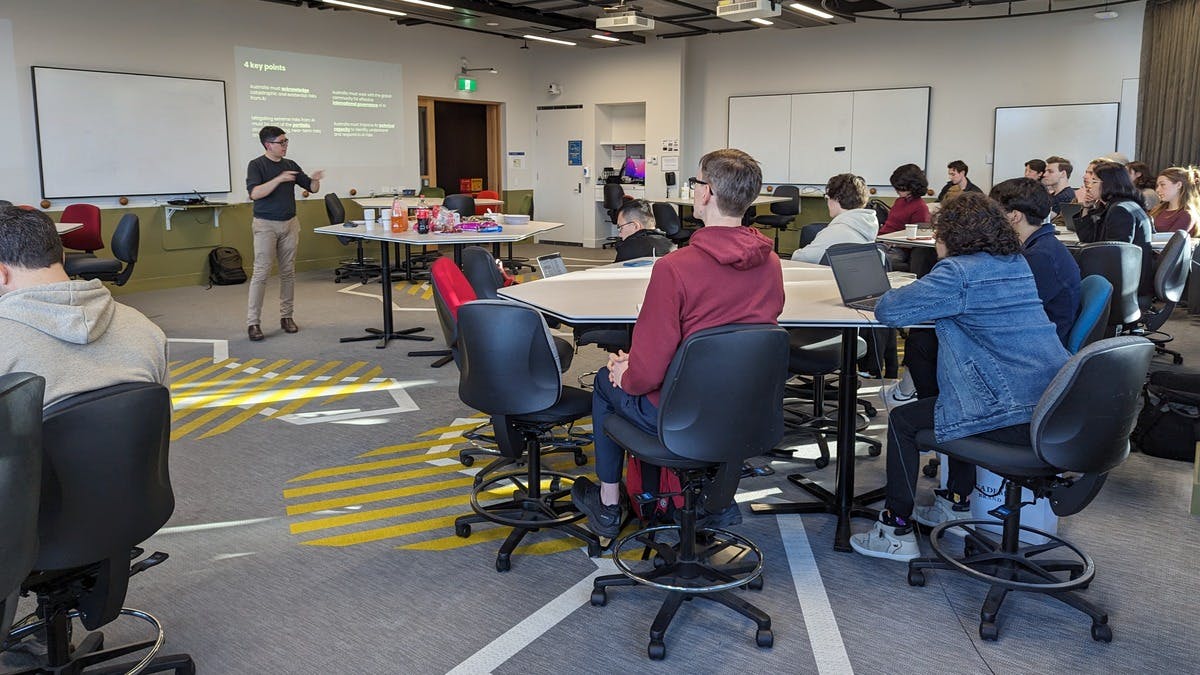The persistent challenges of rising living costs and evolving employee priorities are exerting continuous pressure on business leaders and HR teams, as per the latest findings from Reward Gateway’s industry research.
According to the Australian Talent & Engagement Report, the workforce is increasingly open to new opportunities if their current needs are not met, with a staggering one in three Australians actively searching for or intending to seek new employment within the next year.
Key drivers for this restlessness include poor compensation (cited by 61% of respondents), excessive workloads (mentioned by 51%), and unsatisfactory company culture (noted by 48%). Furthermore, one in four employees currently seeking new job prospects or planning to do so this year express feelings of being unrecognized by their current employers.
A noteworthy 25% of Australians are biding their time, waiting for economic conditions to improve before embarking on job searches, while 53% admit that the mounting stress stemming from the escalating cost of living is negatively impacting their job performance. Dissatisfaction leading to employees staying in roles primarily due to economic concerns is contributing to increased attrition, financial strain, reduced productivity, overworked teams, and heightened disengagement.
In the midst of a fiercely competitive job market, longer lead times and amplified hiring costs, as well as constrained HR budgets, Australian employers are grappling with substantial challenges related to talent attraction, engagement, and retention. It is increasingly clear that talent retention and engagement are not just HR responsibilities; they are issues that must be addressed by all business leaders.
Kylie Terrell, Director of Consultancy, ANZ, at Reward Gateway, emphasizes the evolving landscape, stating, “Organizations are having to work a lot harder to retain talent and consider more creative methods to connect and support their people, methods that they might have overlooked in the past but are working now.” She highlights the transformative impact of leveraging digital engagement tools, particularly in sectors like childcare, where dispersed workforces have been able to foster a sense of belonging and support that was previously elusive.
Employees’ expectations and priorities are in flux, with a heightened emphasis on well-being support, workplace culture, interpersonal connections, and recognition. While compensation remains vital, factors that are equally, if not more, crucial include having a caring manager (62%), flexible work location options (59%), opportunities for professional growth (55%), and a sense of belonging within the workplace (56%).
Forward-thinking Australian employers are taking steps to create the necessary foundations for attracting and retaining top talent while enhancing overall productivity. A significant 68% of HR leaders plan to increase investments in areas such as hiring, onboarding, communication, recognition and reward programs, employee benefits, and learning and development initiatives.
In the current economic climate, meaningful benefits like employee discount programs that aid in reducing everyday expenses can offer immediate financial well-being support—an aspect employees greatly appreciate. However, ensuring employees are aware of these offerings is paramount. Research highlights a substantial disconnect between HR and employees regarding financial well-being offerings, with 92% of HR managers finding their employer’s offerings helpful, while 47% of employees perceive them as dissatisfactory or below average.
Kylie Green, Managing Director, APAC at Reward Gateway says: “The cost of remuneration in Australia has increased over the past five years, but our productivity hasn’t improved at an equivalent rate. Leaders are increasingly looking at how to improve employee engagement so they can maximise the performance and productivity of their current teams and build a strong workforce over the long term.”
Keep up to date with our stories on LinkedIn, Twitter, Facebook and Instagram.

